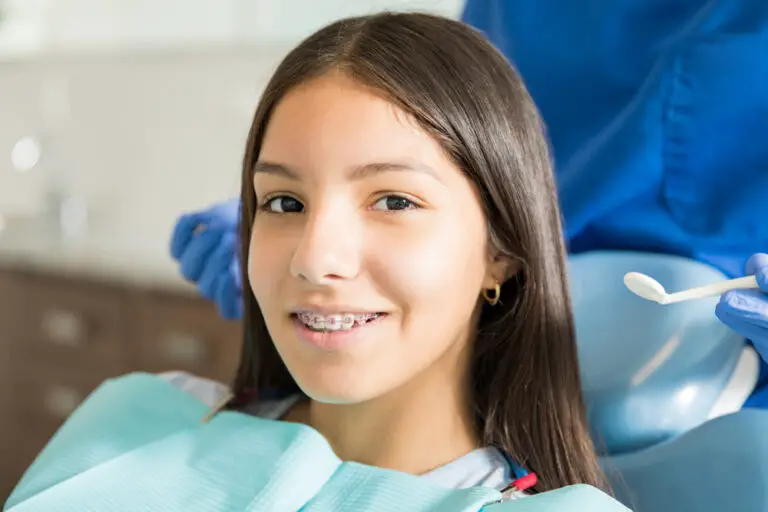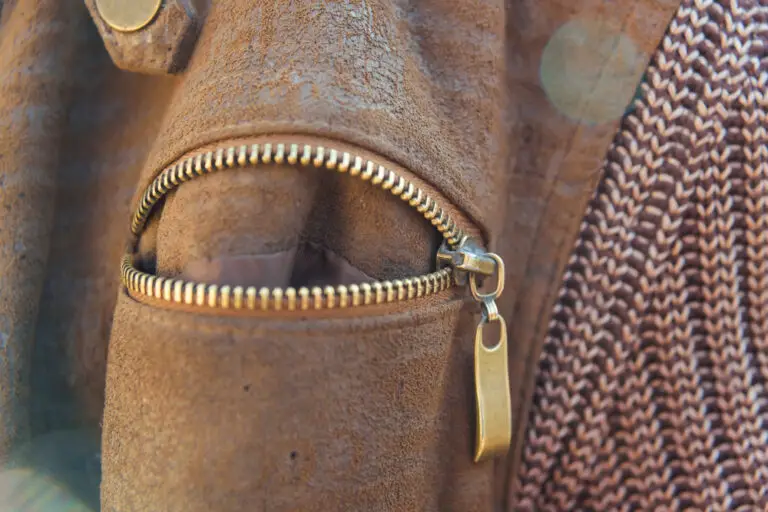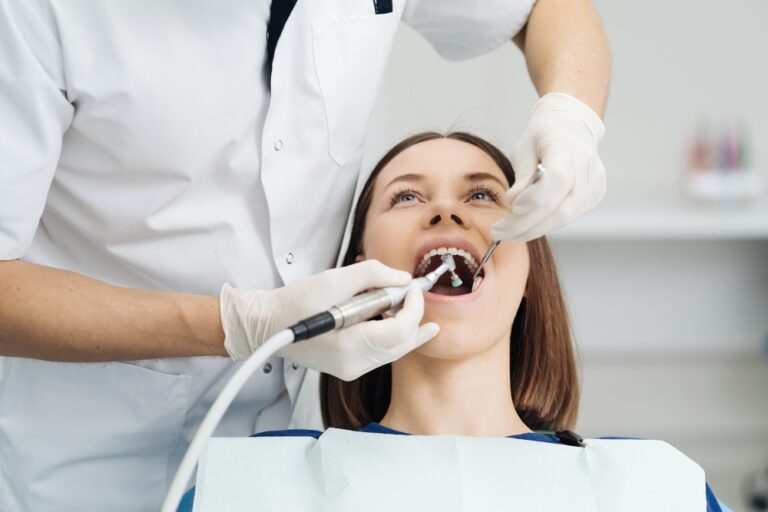Brushing our teeth is one of those daily habits that seems so simple in theory, yet can be frustratingly difficult to maintain in practice. While we’re taught from childhood that brushing twice a day is crucial for dental hygiene, many adults struggle to keep up a regular toothbrushing routine.
When we’re young, parents typically handle the work of brushing our teeth and instilling its importance. But as adults, the responsibility falls entirely on us. Without someone overseeing brushing, it’s easy for it to fall by the wayside amid busy schedules and competing priorities.
The tedium of brushing each day can cause motivation to wane over time. Going through mundane motions morning and night may not seem worth the effort. However, keeping up regular oral hygiene habits remains critical for dental and overall health.
Below, we’ll explore why toothbrushing can feel like such a chore for some people. Identifying the root causes of your resistance can help you overcome obstacles and make brushing an easy, habitual part of each day.
Common Obstacles to Regular Toothbrushing
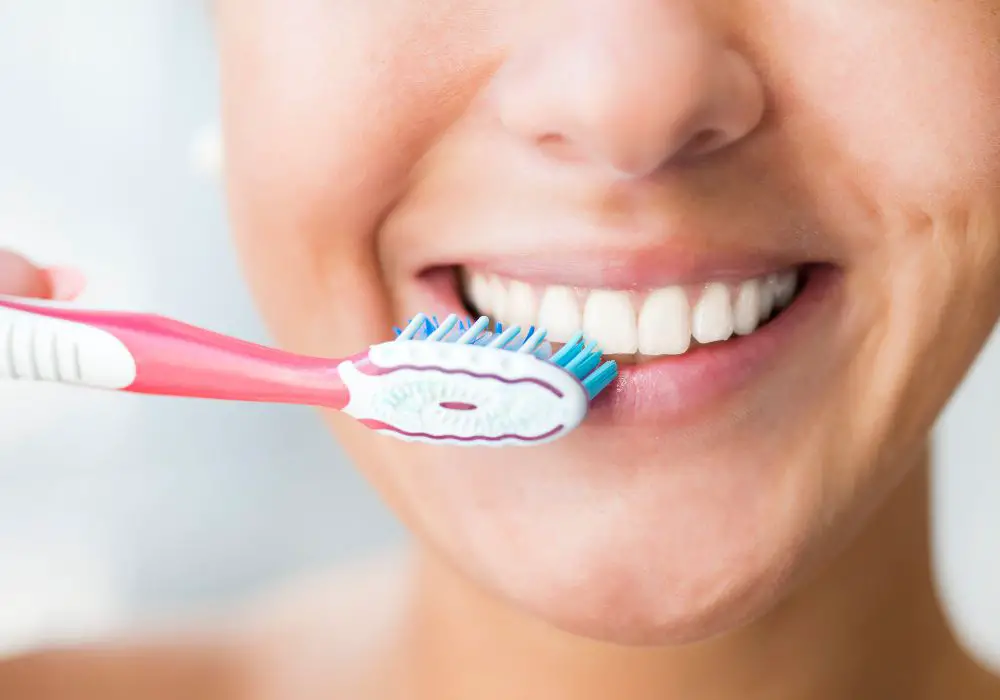
Lack of Motivation
For many, the #1 barrier to regular brushing is simply a lack of motivation. The repetitiveness of brushing twice a day, every single day, for years can feel tedious and sap enthusiasm. It starts to seem like just another boring chore rather than a self-care necessity.
Without a sense of urgency, purpose, or immediate visible impact, it’s easy to keep hitting snooze on brushing sessions. Skipping once leads to twice, and suddenly it’s not part of your daily routine. This cycle continues until serious dental issues arise.
Creating rewards, gamifying goals, or making brushing special “me time” can help reinvigorate motivation. Framing it as a lifelong habit like exercise rather than a task to check off may also help. But ultimately, internal desire for better dental wellness has to drive routine.
Forgetfulness
Remembering to brush first thing in the morning and right before bed every single day takes mental discipline. For those living busy, stressful lives, these intentions often get abandoned in the chaos of each day.
When toothbrushing isn’t built into an existing habit or routine, random lapses in memory can easily occur. Rushing out the door to work or school in the morning can bump it down the priority list. Staying up late to finish tasks can lead to accidentally falling asleep without brushing.
As days between brushes grow, the urgency to remember decreases. Setting phone alarms, keeping brushes visible, and creating accountability checks can prevent forgetfulness.
Lack of Accessibility
Not having a toothbrush, toothpaste, water, and a place to spit readily available makes maintaining brushing habits much more difficult. This could apply to someone experiencing housing instability, traveling frequently for work, or with limited personal care resources.
But even small barriers like running out of toothpaste, or your only bathroom being occupied can be just enough friction to disrupt rhythms. Having to hunt down a toothbrush or make a special trip to brush your teeth can seem like too much effort when exhausted or distracted.
Ensuring brushes and paste are conveniently located in bedrooms, travel bags, offices, etc. eliminates this obstacle to the greatest extent possible.
Physical Difficulties
Some people struggle to properly brush their teeth due to physical limitations. Hand tremors, poor grip strength, and decreased range of motion in the arms and wrists can make holding and maneuvering a toothbrush challenging. Those with arthritis, injuries, or conditions like Parkinson’s often require adaptive techniques.
The repetitive back-and-forth scrubbing motion needed for thorough brushing can also be painful for those with certain upper body or jaw issues. In severe cases, individuals need assistance from a caretaker or higher-level equipment like electric brushes. Occupational therapy evaluation can provide customized recommendations.
Sensory Discomfort
Brushing can create uncomfortable sensations for those with oral sensitivity or tactile defensiveness issues. For example, those on the autism spectrum may have touch hypersensitivities that make the feeling of bristles in their mouth and the foaming texture of toothpaste extremely unpleasant.
The tastes and scents of certain toothpastes can also cause sensory overload for some. This understandably makes maintaining brushing an agonizing experience to dread. Transitioning gradually with softer brushes, acclimating to products, and positive reinforcements can help increase tolerance.
Dental Anxiety
Fear or anxiety associated with going to the dentist can foster avoidance of brushing. This often stems from the anticipation that poor oral hygiene habits will inevitably result in dental pain, invasive procedures, or judgmental lecturing. The unease around brushing then serves as an unwanted reminder.
Working to address the core dental anxiety through counseling, controlled exposure treatment, and finding an understanding dentist is key to reducing this hurdle. Making brushing an associated positive, relaxed experience can also help dissociate it from anxious thoughts.
Perfectionism
Some perfectionists hold themselves to unrealistic standards when it comes to toothbrushing. They may feel compelled to brush with extreme thoroughness, using specialty tools and scrubbing harshly. While admirable in intent, this perfectionism can lead to over-brushing that damages gums and enamel.
The unattainable expectations also breed frustration, self-criticism, and avoidance when unable to meet self-imposed ideals day after day. Letting go of perfectionism and brushing “well enough” with patience takes practice. Aim for progress, not perfection.
Depression
A hallmark symptom of depression is extreme difficulty summoning motivation for basic self-care routines like oral hygiene. Those with depression may go days without brushing due to lack of energy, feelings of hopelessness, or not seeing the point.
This then spirals as poor dental health exacerbates isolation and destroys self-confidence. Professional help in addressing the larger depressive disorder is crucial to renew motivation for habits like brushing. Small wins each day should be celebrated.
Turning Brushing Into a Positive Ritual
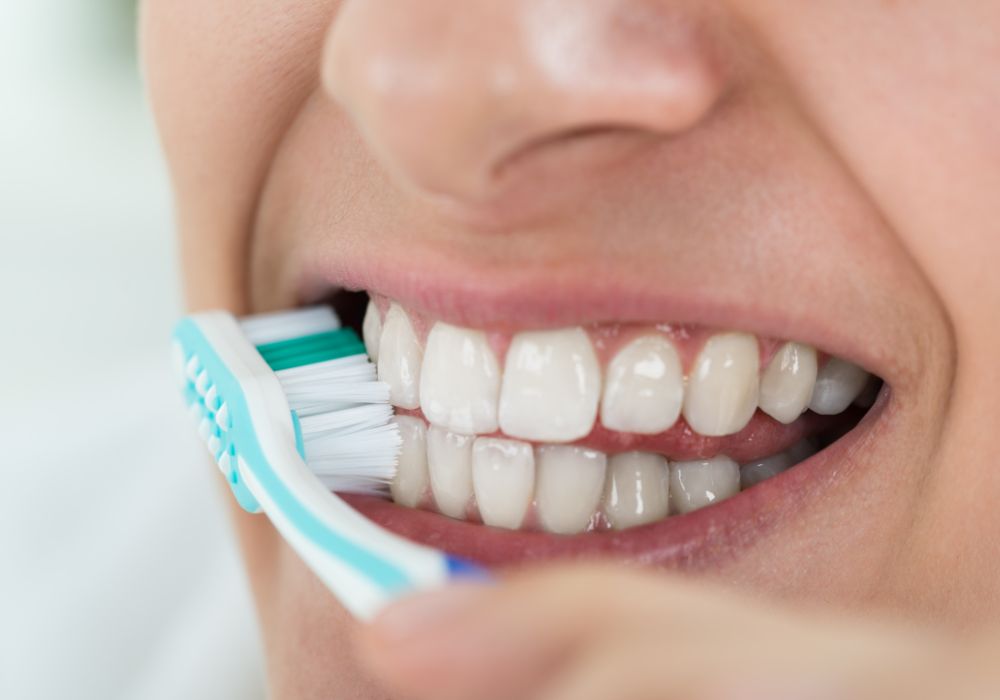
While obstacles like the above can make toothbrushing feel like a chore, there are many techniques and tools to help transform it into an easy, rewarding daily ritual. Consider trying these tips:
Set Reminders
- Place toothbrushes prominently by bathroom and kitchen sinks
- Set phone alarms for consistent brushing times morning and night
- Use apps that send brushing session reminders
- Post motivational notes on mirrors as visual reminders
Increase Accessibility
- Carry a mini toothbrush & toothpaste to use after work, school, gym
- Ask for extra toiletries when traveling so you never run out
- Install wall-mounted holders and shelves for easy access to supplies
Find the Right Brush & Paste
- Upgrade to an electric toothbrush if manual is too tedious
- Experiment with specialty toothpastes to find most pleasurable tastes/textures
- Invest in a variety of brushes to accommodate sensitivities
Make It a Rewarding Ritual
- Play favorite music, podcasts, or TV shows while brushing
- Set an ambiance with candles, essential oils, lighting
- Schedule into existing routine like brushing after meals or before bed
- Follow with mini relaxation session
Gamify Your Progress
- Try motivating apps that turn brushing into a game
- Join challenges on social media for accountability
- Use stickers or treat yourself to rewards when meeting goals
Be Patient and Self-Compassionate
- Don’t let perfectionism create anxiety and avoidance
- If you miss a day, simply resume next session without self-shaming
- Celebrate small successes like a week of consistent brushing

Frequently Asked Questions
Why do I dislike brushing my teeth so much?
For most, disliking brushing stems from the repetitive nature over many years turning it into a tedious chore we resent. Reframing it with rewards, focusing on improved dental health, and making it special “me time” can change your mindset. Taking ownership rather than viewing it as an order makes a difference.
What are the health risks of inconsistent brushing?
In the short term, skipping oral hygiene leads to more plaque build-up, gum inflammation, and bad breath. But over years, inconsistent brushing significantly raises your risk of cavities, gum disease, tooth decay and loss, and infections. Poor oral health is also associated with higher incidence of cardiovascular disease and dementia.
How can I motivate my kids to care about brushing?
Make it fun by using musical toothbrushes, playing 2-minute songs, and using sticker reward charts. Lead by example and consider brushing together. Praise any small effort in building the habit. Explain the importance using relatable examples like avoiding painful cavities. Consider authoritative consequences if positive techniques fail.
What if I have dexterity issues that make brushing difficult?
Specialized toothbrush handles like those with thicker, softer grips can aid mobility limitations. Electric brushes require less manual effort. Prepare pastes that don’t require fine motor skills to open. Prop arms against walls to support their weight while brushing. Occupational therapists can suggest tailored strategies and equipment. Don’t be afraid to ask for help.
How can I tell if I’m brushing thoroughly enough?
Focus on brushing all surfaces – especially front, back, tops, and between teeth – for the full 2 minutes dentists recommend. Seeing minimal foam and diminished color on the bristles by the end means you’ve likely covered all areas. Regular professional cleanings allow your dentist to monitor for any spots being missed. Don’t overbrush trying for perfection.


